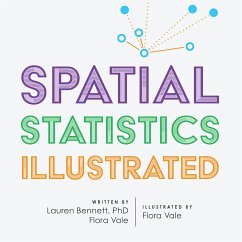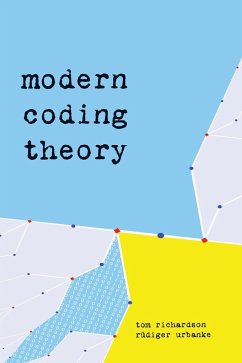
Theory of Decision Under Uncertainty
Versandkostenfrei!
Versandfertig in 1-2 Wochen
40,99 €
inkl. MwSt.
Weitere Ausgaben:

PAYBACK Punkte
20 °P sammeln!
This book describes classical axiomatic theories of decision under uncertainty, critiques thereof, and alternative theories. It discusses the meaning of probability, focusing on the behavioral definition of subjective probability by Savage's theorem. It presents non-additive and multiple prior theories, as well as the case-based approach to the formation of beliefs.














